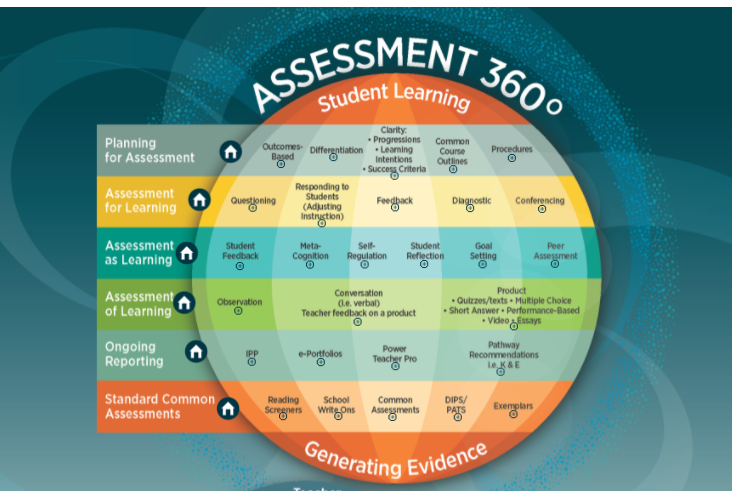Universal Design for Learning
What is Universal Design for Learning?
This is an approach to teaching to and learning that:
- offers flexibility in the ways students access material, engage in learning and show what they know
- ensures that all learners can access and participate in meaningful, challenging learning opportunities
UDL is built around 3 principles:
Engagement: giving students choices and autonomy and incorporating learner interests and motivations
Representation: offers content in various formats
Action and Expression: provide multiple ways to interact with the content and show their learning
Collaborative Response Approach
It is impossible for one teacher to meet the extensive needs of all students in his or her classroom. The solution is a collaborative approach where “every child deserves a team” to surround them with supports that recognize their strengths and challenges. Collaborative Response offers a school-wide model for addressing students’ individual needs. The three fundamental components of the model are: collaborative structures and processes; data and evidence; and continuum of supports.
Assessment For, Of and As Learning
Assessment For Learning - Teachers gather information, throughout the learning process, from a variety of sources (observations, conversations and products) to determine how well a student is achieving curricular outcomes. Teachers use assessment information to provide students with descriptive feedback and coaching to improve their learning.
Assessment As Learning - Students themselves gather information about their learning through: observations, conversations and products and through the use of peer and self-assessment check ins and see how they are progressing towards the learning goals that reflect curriculum outcomes.
Assessment Of Learning - Teachers gather information about a student's learning through a variety of sources (observations, conversations and products) at the end of a cycle of feedback to make judgements about student achievement. It is part of the evaluation process and provides opportunities to report evidence of achievement in relation to curricular outcomes.


